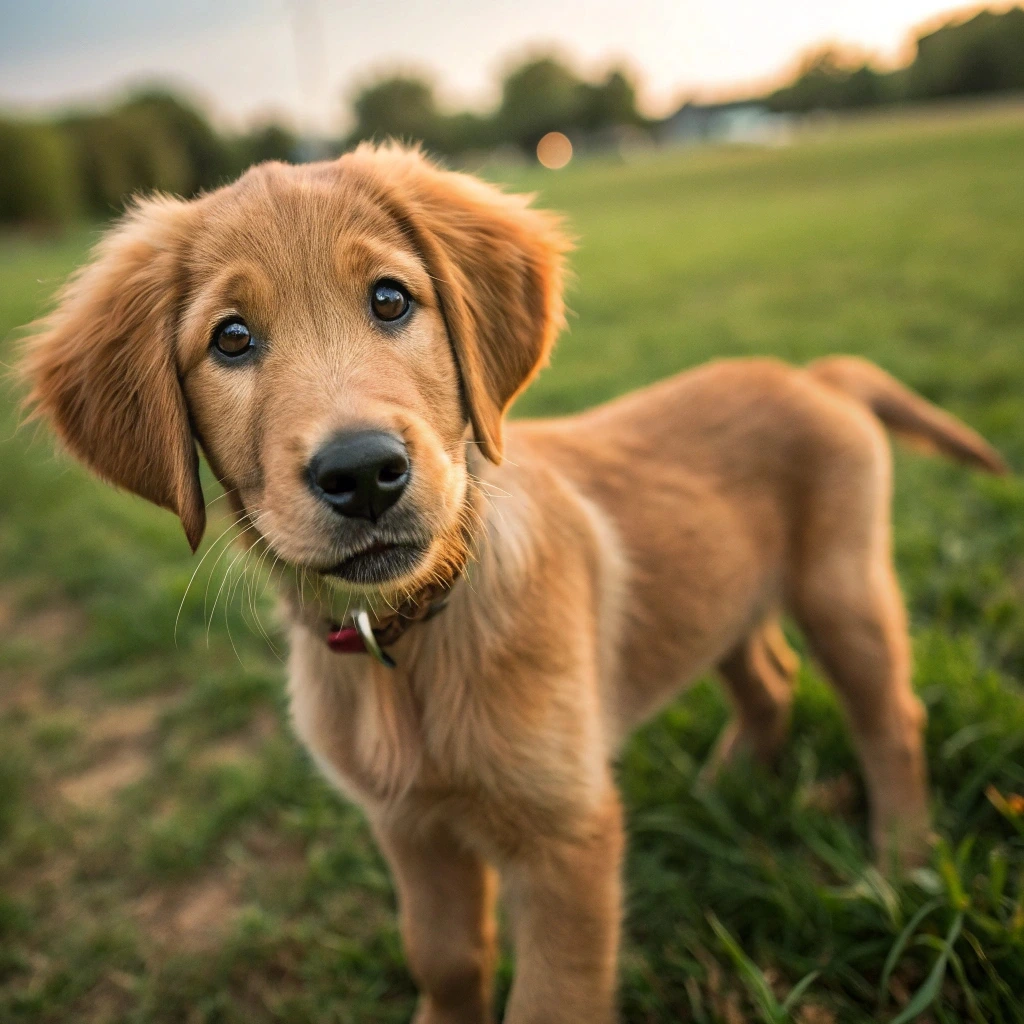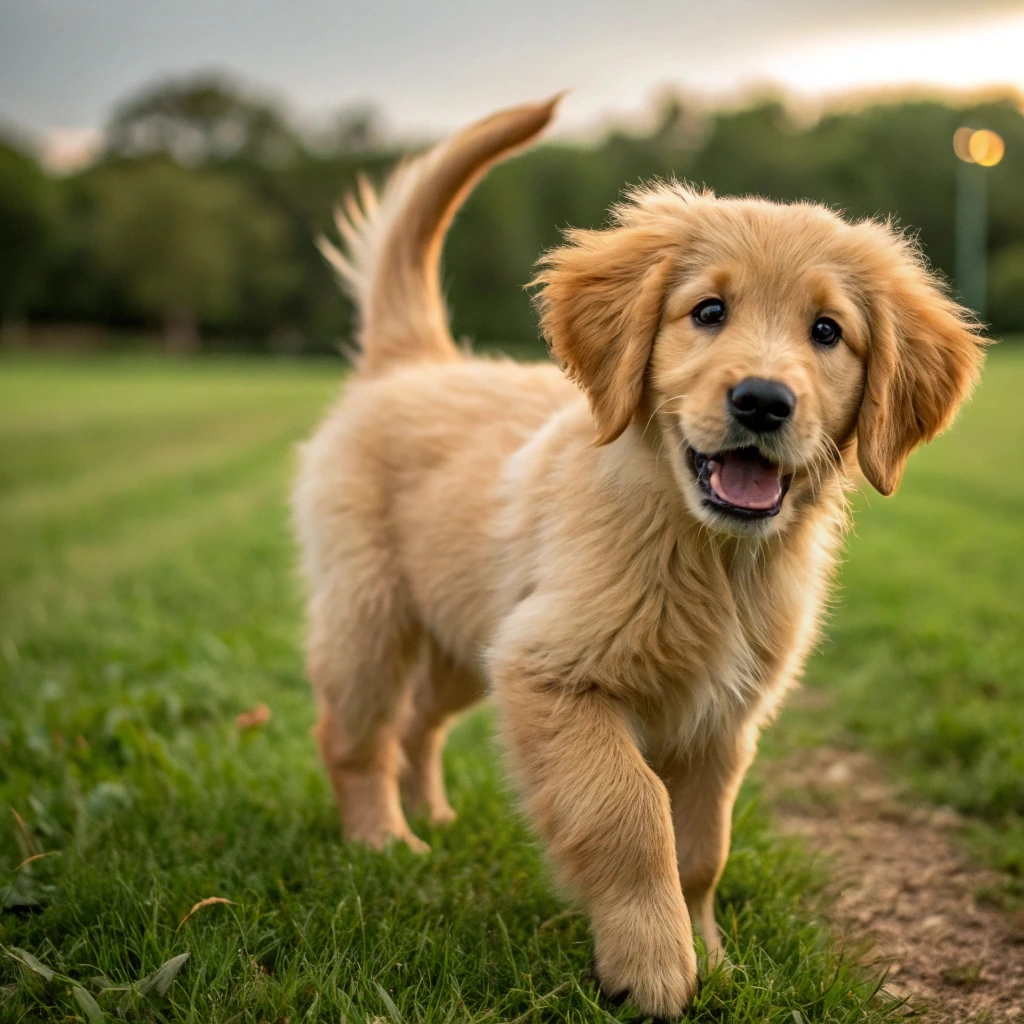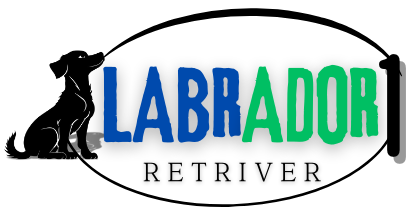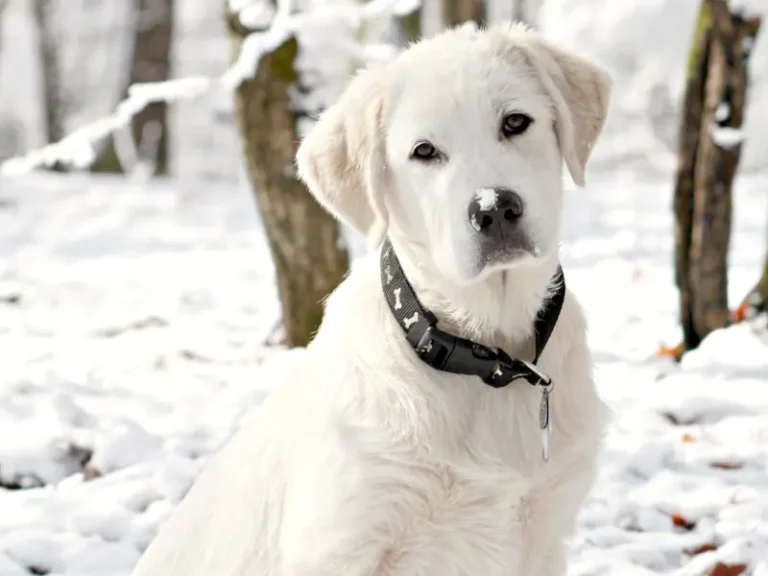Golden retriever lab mix puppy growth stages
Bringing a Golden Retriever Lab Mix puppy into your home is one of life’s greatest joys. The moment those bright eyes meet yours, a new world opens — full of playful moments, deep bonds, and the promise of years filled with companionship. But as you begin this journey, understanding your puppy’s growth stages becomes essential to ensure you give them the best care possible.
Your puppy won’t just grow physically; they’ll change emotionally and mentally too. Knowing what to expect at each stage helps you prepare, nurture, and guide your puppy toward becoming a happy, healthy adult dog. In this article, you’ll discover everything about the growth stages of Golden Retriever Lab Mix puppy — from their first fragile days to their playful adolescence — with practical tips on nutrition, training, health care, and more.
Table of Contents
What Makes the Golden Retriever Lab Mix Special?

Before diving into growth details, it’s helpful to understand what you’re welcoming into your family. The Golden Retriever Lab Mix, often called a “Goldador,” is a blend of two of the most beloved dog breeds worldwide — the friendly, intelligent Golden Retriever and the loyal, energetic Labrador Retriever.
Key Traits You Can Expect
- Temperament: Friendly, outgoing, and highly social, making them excellent family pets.
- Intelligence: They absorb information fast and react favorably to instruction.
- Energy Levels: Moderately high — they love exercise and mental stimulation.
- Appearance: A beautiful blend of golden or cream fur with the sturdy build of a Labrador.
Because they inherit traits from both parents, your puppy will likely be affectionate, trainable, and ready to be your loyal companion.
The Growth Stages of Your Golden Retriever Lab Mix Puppy

Every puppy grows in distinct stages, each critical to their development. Understanding these phases allows you to meet your puppy’s needs precisely when they need it most.
Neonatal Stage (0-2 Weeks): The Fragile Beginning
Your puppy is totally reliant on their mother during the first two weeks of life. They use touch and smell to locate milk and warmth, and their eyes and ears stay closed.
What you should know:
- Your puppy will spend most of their time sleeping and feeding.
- Reflexes like rooting and sucking are vital for survival.
- Weight gain is a key health indicator; a steady increase means they’re thriving.
How to support your puppy:
- Avoid unnecessary handling to reduce stress.
- Keep the environment warm and quiet.
- Ensure the mother dog is healthy and well-fed to produce nourishing milk.
Growth data: During this stage, puppies usually gain 5–10% of their body weight every day.
Transitional Stage (2-4 Weeks): Opening Eyes and Ears
At around two weeks, your puppy’s world starts to change rapidly. Their eyes and ears open, allowing them to begin seeing and hearing for the first time.
Key milestones:
- Crawling begins as they learn to move around.
- Teeth start to emerge — a sign that solid food is on the horizon.
- They begin to respond to sounds and light.
How you help:
- Gently encourage exploration without overwhelming your puppy.
- Continue to support the mother’s care while introducing gentle social interaction with humans.
- Maintain cleanliness to prevent infections.
Socialization Stage (4-12 Weeks): The Critical Learning Phase
One of the most crucial phases for the emotional and social growth of your puppy is this one. They pick up skills in interacting with you, their littermates, and their surroundings.
What to expect:
- Increased playfulness and curiosity.
- First bark and other vocalizations.
- Learning bite inhibition through play with siblings.
- Exposure to various sounds, sights, and smells shapes their temperament.
Nutrition:
- Begin the gradual transition from mother’s milk to puppy food.
- Feed high-quality, nutrient-rich puppy formula that supports rapid growth.
Your role:
- Introduce your puppy to new people, gentle animals, and diverse environments — safely and positively.
- To establish trust, handle people gently and give them praise.
- Monitor their health and behavior for any signs of stress or illness.
Recommended Feeding Schedule Table:
| Age (Weeks) | Number of Meals per Day | Type of Food | Quantity (Approx.) |
|---|---|---|---|
| 4-6 | 4 | Puppy formula & mushy kibble | Small amounts, frequent feedings |
| 7-8 | 3-4 | Solid puppy kibble | Moderate portions |
| 9-12 | 3 | Dry puppy kibble | Adjust according to appetite |
Juvenile Stage (3-6 Months): Growth Spurt and Teething
Between 3 and 6 months, your puppy will experience rapid physical growth, including a full set of adult teeth starting to come in.
Important changes:
- Increased energy levels and playful behavior.
- Chewing intensifies due to teething discomfort.
- Learning basic commands and house rules becomes essential.
Health care:
- Follow vaccination schedules strictly.
- Begin regular vet check-ups for early health screening.
- Watch for signs of joint issues or developmental problems common in large breeds.
Weight and Growth Chart (Average):
| Age (Months) | Average Weight (kg) | Growth Notes |
|---|---|---|
| 3 | 8 – 13 | Rapid weight gain, teething |
| 4 | 12 – 18 | Increased appetite, energy |
| 5 | 15 – 22 | Growth starts to slow a little |
| 6 | 18 – 25 | Nearing half adult size |
Adolescent Stage (6-12 Months): Approaching Adulthood
As your puppy approaches their first birthday, they enter adolescence — a time of physical maturity and emotional testing.
What happens:
- Your puppy reaches about 75%-90% of adult size.
- Hormonal changes may affect behavior (e.g., territoriality, stubbornness).
- Training challenges appear but consistency is key.
Nutrition:
- Gradually transition to adult dog food around 12 months.
- Adjust portion sizes to maintain healthy weight and energy levels.
Exercise:
- Increase physical activity to match energy demands.
- Include activities that stimulate the mind, such as training sessions and puzzle toys.
Feeding Guidelines Table:
| Weight (kg) | Daily Food Amount (grams) | Notes |
|---|---|---|
| 20-25 | 250-350 | Split into 2 meals per day |
| 26-30 | 300-400 | Adjust for activity level |
| 31+ | 350+ | Consult vet for specific needs |
Nutrition and Care Through All Growth Stages

Good nutrition is the cornerstone of healthy growth, and your puppy’s dietary needs evolve rapidly.
What Your Puppy Needs Nutritionally:
- Protein: Supports muscle growth and repair.
- Fat: Provides energy and supports coat health.
- Calcium & Phosphorus: Crucial for bone development, especially in large breeds.
- Vitamins & Minerals: For overall immune support and organ function.
Tips to Provide Optimal Nutrition:
- Use high-quality commercial puppy food formulated for large breeds.
- Avoid overfeeding to prevent obesity and joint stress.
- Provide fresh water at all times.
- Supplement only if recommended by your vet.
Exercise & Mental Care:
- Keep physical activity age-appropriate to avoid stress on growing bones.
- Encourage social play and gentle training.
- Rotate toys to keep your puppy mentally engaged.
Common Health Concerns in Golden Retriever Lab Mix Puppies

Being aware of potential health issues helps you prevent or address problems early.
Watch For:
- Hip Dysplasia: Large breeds are prone; early vet screenings and proper exercise reduce risks.
- Skin Allergies: Keep fur clean and monitor for itching or redness.
- Parasites: Fleas, ticks, and worms require regular prevention treatments.
- Digestive Issues: Sudden diet changes can cause upset stomachs; transition food gradually.
Training and Socialization Tips for Each Stage
Positive social experiences and effective training are essential for your puppy’s mental development.
Training Highlights:
- Start with simple commands: sit, stay, come.
- Use positive reinforcement (treats, praise).
- Keep training sessions short and consistent.
- Crate training aids housebreaking and provides security.
Socialization Musts:
- Introduce your puppy to people, other dogs, and different environments in a safe manner.
- Avoid overwhelming situations; watch for signs of stress.
- Puppy classes offer excellent controlled social settings.
How to Monitor Your Puppy’s Growth
Tracking your puppy’s progress keeps you informed and proactive.
What to Monitor:
- Weight: Use a scale weekly and compare to breed standards.
- Behavior: Note changes in activity, appetite, and social interaction.
- Physical Signs: Check teeth development, coat condition, and muscle tone.
When to See the Vet:
- If growth is too slow or too rapid.
- Any signs of limping, lethargy, or unusual behavior.
- Persistent digestive or skin problems.
Conclusion: Enjoy Every Moment of Your Puppy’s Growth Journey
Your Golden Retriever Lab Mix puppy is more than just a pet — they’re a new family member whose early days shape the rest of their life. By understanding each growth stage, you’re better prepared to offer the love, nutrition, care, and training your puppy needs.
Remember, patience and consistency are your best allies. Celebrate every milestone, from their first steps to their confident adolescence. With your support, your puppy will grow into a happy, healthy dog who will bring you joy for many years to come.
Frequently Asked Questions (FAQ)

How quickly do Golden Retriever Lab Mix puppies grow?
They grow very fast during the first 6 months, often reaching 50-75% of their adult size by then. Growth slows as they approach a year.
When should I start eating adult food instead of puppy food?
Typically, around 12 months, but it depends on your puppy’s size and vet’s advice.
How do I know if my puppy is growing healthily?
Look for steady weight gain, active behavior, good appetite, and healthy coat.
What vaccinations are essential during growth stages?
Core vaccinations include distemper, parvovirus, adenovirus, and rabies. Consult your vet for a full schedule.
Can I start training my puppy during early growth stages?
Yes, early training and socialization are crucial, especially between 4 and 12 weeks.
Ready to give your Golden Retriever Lab Mix puppy the best start?
Start today by tracking their growth, choosing the right food, and giving them lots of love and attention. Your puppy’s healthy future depends on the care you provide now — and there’s no better time to begin than right this moment.







